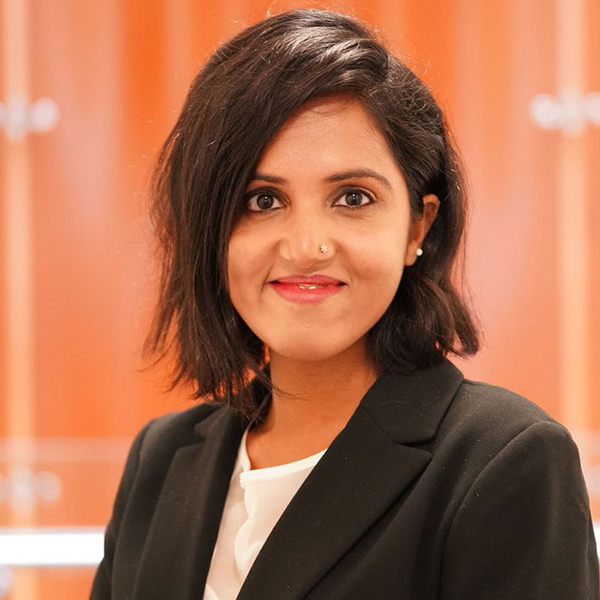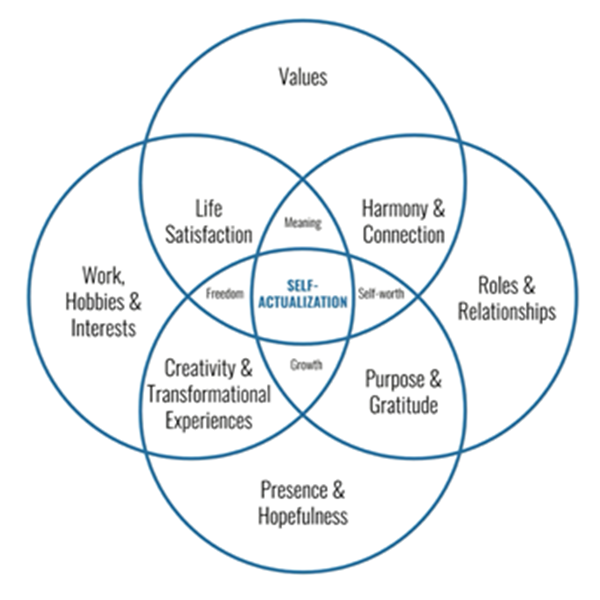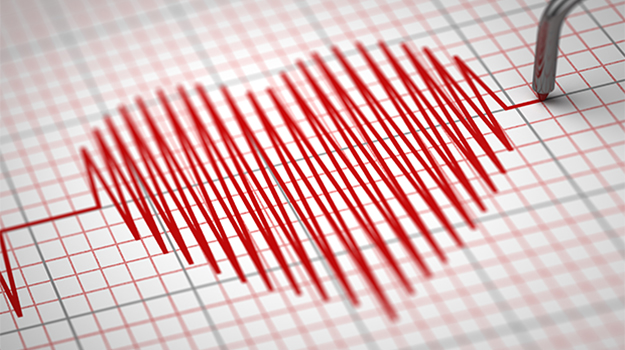2021: A Path to Discover Our Ikigai

As we transition from a year of the pandemic that has deeply tested our resilience as front line workers, into a new year filled with promise and hope, I wish to reflect on this path as a foundation for 'Ikigai' – a Japanese term meaning "a reason for being."
We faced unprecedented challenges during 2020, experiencing extremes of fear, anxiety, and loss as well as physical and mental exhaustion. While these tough times challenged us, they also brought out our inner strength – our sincere commitment to providing care and the motivation to lead on the frontlines with utmost compassion. The new year provides us with an opportunity to reflect on our growth, reset, and move ahead with renewed focus and intentions.

Ikigai provides a framework of self-reflection in daily activities, with a profound impact on personal well-being, happiness, health outcomes and longevity. The framework of Ikigai is broadly built on the foundations of hope, values and identity. (Figure 1)
Figure: The Japanese System of Ikigai
Utilizing the key principles of Ikigai, I explored the role of physicians during the pandemic and how we may foster a deeper sense of hope, gratitude and purpose in our day-to-day lives.
1. Hopefulness in life
"Even if we don't feel any happiness in the present, if we have a sense of hope for the future and we live each day with hope, our Ikigai is born." – Yoshikaze Ueda
Today, the power of science gives us hope though vaccines and the work of scientists, physicians and public agencies, as we unite to fight the pandemic. It is this hope and collaboration that drives us forward. I have observed firsthand how hope connects us through our service in times of adversity.
2. Live true to your core values
Purpose lies in alignment of core values, our actions, inner experiences and feelings. The challenges we have faced have also offered an opportunity to embody our values of compassion and service for human suffering and loss – these moments have unified health care workers on a global scale toward a common goal of helping others.
3. Be aware of your role(s) in life
"Ikigai is felt through the awareness of one's own indispensable existence in society, as well as through the awareness that one has a role to play in society." – Yoshikazu Ueda
The pandemic has highlighted our unique role as front line workers throughout arguably the largest health crises in more than a century. Our actions have immediate and impactful outcomes:
- As caregivers to our patients
- As role models to the public
- As inspiring leaders
- As researchers and scientists
- In health promotion
- As physicians who maintain quality care despite the challenges of the pandemic
- As loving and caring colleagues, spouses, children and parents
- And finally, as self-accepting and self-loving human beings who realize that caring for ourselves makes everything else possible.
4. Overcome adversity with strength

I believe our strength lies not only in the resilience we have shown but also in our efforts to face this crisis together. We have supported each other as colleagues, collaborated as scientists and educators and reminded ourselves of the growth that lies in overcoming adversity.
Here are a few practical exercises of daily self-reflection to reinforce our Ikigai. Try these for a week or two – let me know how you feel!
- Keep a gratitude journal – spend five minutes in gratitude each day. Write it down or send it to your family and friends!
- Identify your three core values that you would like to represent you – a quick Google search helped me narrow down the options and prioritize them. Check out some ideas for inspiration here.
- Select an activity that you can do each day that emulates at least one of your core values.
I am acutely aware of the strong collective desire for this pandemic to end. However, I hope we can find some hope and healing within ourselves as we recognize the opportunities it has presented us – essentially, Ikigai – a reason to get up each morning.
In the new year, I implore you to remember your humanity as a frontline hero, in the midst of this evolving global health crisis. I would like to conclude in the words of Victor Frankl in his memoir, Man's Search for Meaning:
"Being human always points, and is directed, to something, or someone, other than oneself – be it a meaning to fulfill or another human being to encounter. The more one forgets himself – by giving himself to a cause to serve or another person to love – the more human he is…"

